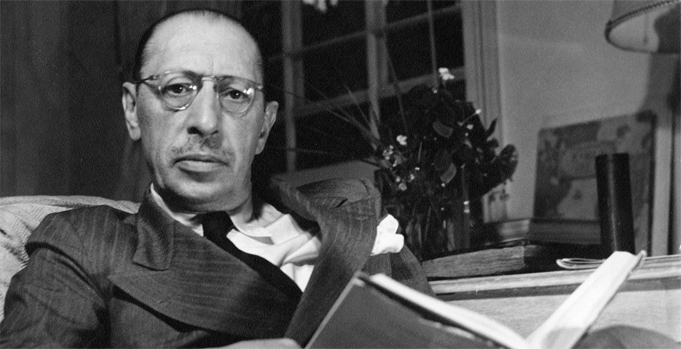
The Story Behind Stravinsky’s Symphonie de Psaumes
Igor Stravinsky’s Symphonie de Psaumes is a masterful work that stands as one of the most celebrated choral compositions of the 20th century. Commissioned by[…]

Top 10 Stravinsky Songs
Igor Stravinsky (1882–1971), a seminal 20th-century composer, revolutionized music with his innovative approach to rhythm, harmony, and orchestration. His diverse body of work spans multiple[…]

Igor Stravinsky – Biography and History
Igor Stravinsky was one of the most revolutionary composers of the 20th century, whose innovative compositions reshaped the landscape of classical music. Born on June[…]

The Enigmatic Brilliance: Exploring the 10 Best Songs by Composer Igor Stravinsky
Igor Stravinsky, a revolutionary figure in the world of classical music, captivated audiences with his innovative compositions, pushing the boundaries of musical expression. Known for[…]

Discovering Genius: The 7 Best Songs by Composer Igor Stravinsky
Igor Stravinsky, the legendary Russian composer, conductor, and pianist, was one of the most influential figures in 20th-century classical music. His innovative compositions, often marked[…]

7 Fascinating Facts About Igor Stravinsky
1. A Russian Roots: Born on June 17, 1882, in Oranienbaum, Russia (now Lomonosov), Stravinsky’s early exposure to the rich cultural heritage of his homeland[…]